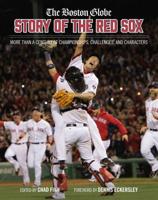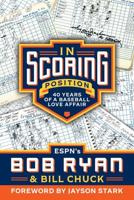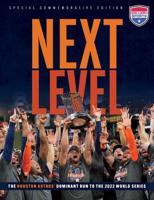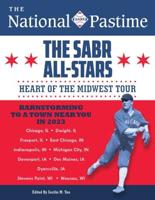Publisher's Synopsis
Organized baseball has survived its share of difficult times, and never was the state of the game more imperiled than during the Great Depression. Or was it? Remarkably, during the economic upheavals of the Depression none of the sixteen Major League Baseball teams folded or moved. In this economist's look at the sport as a business between 1929 and 1941, David George Surdam argues that although it was a very tough decade for baseball, the downturn didn't happen immediately. The 1930 season, after the stock market crash, had record attendance. But by 1931 attendance began to fall rapidly, plummeting 40 percent by 1933.
To adjust, teams reduced expenses by cutting coaches and hiring player-managers. While even the best players, such as Babe Ruth, were forced to take pay cuts, most players continued to earn the same pay in terms of purchasing power. Off the field, owners devised innovative solutions to keep the game afloat, including the development of the Minor League farm system, night baseball, and the first radio broadcasts to diversify teams' income sources.
Using research from primary documents, Surdam analyzes how the economic structure and operations side of Major League Baseball during the Depression took a beating but managed to endure, albeit changed by the societal forces of its time.












